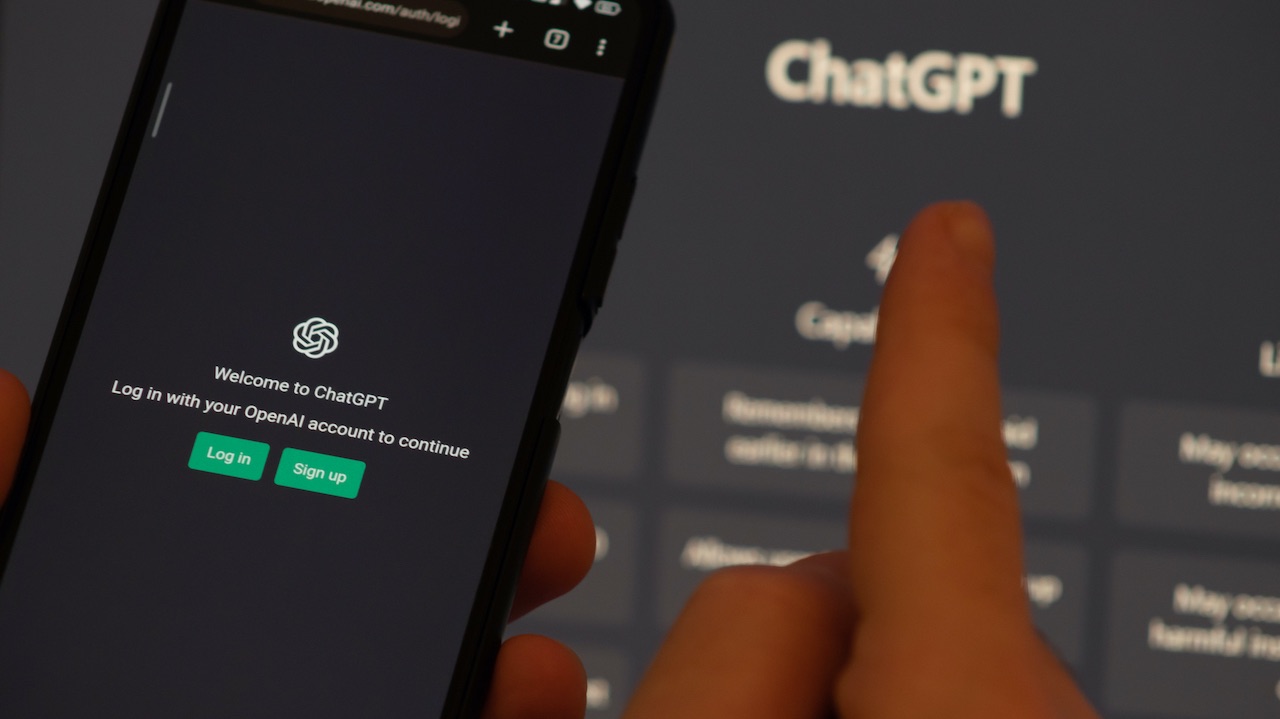Once upon a time, a few decades ago, there was a terrifying tool that projected images from a screen.
Who knows what harmful effects it would have had on the inert population, many wondered. Today, more or less all homes have one or more televisions. And if this doesn’t happen, it’s because we now watch programs through our (various) devices.
It always works like this: beyond the most intransigent Luddites, every new technological port intended for widespread use is, at least initially, viewed with suspicion.
It happened to ChatGPT too. Which, as we wrote in an article last January, has unleashed the most extreme fantasies. There are those who have spent sleepless nights testing its qualities, and those who have named it the corrupter of souls.
New York schools ban on ChatGPT
And so, here are the first censorship interventions against the then latest creation of OpenAI.
New York schools have started banning ChatGPT, “due to concerns about negative impacts on student learning and concerns about content security and accuracy.”
Use ChatGPT with NordVPN – 56% off annual plan + 3 months free
On the basis of this hasty decision, taken last January, some institutes in Los Angeles, and then countries such as France, Australia and India, moved in the same direction.
Up to the case of Italy, where, however, the stop to ChatGPT imposed by our Guarantor was caused by the illegal collection of users’ personal data.
The about-face
Four months after ChatGPT was banned from New York schools, there has been a welcome rethink.
This was communicated by David C. Banks, director of the city’s public schools.
He did so by drafting an article published on Thursday 18 May in Chalkbeat. Where you admitted that the reception of ChatGPT has been tainted by a bias. “Instinctive fear and risk have overlooked the potential of generative AI to support students and teachers.”
E he then reasonably admitted that “in the reality in which our students are living and in the world in which they will work, understanding generative AI is fundamental.”
Here’s the point: if a phenomenon has already taken root and is destined to take root more and more, every battle to try to stop it is a rearguard battle.
If anything, it is necessary to grasp the positive aspects and identify (and limit them with precise rules) the potential harmful aspects.
Know, don’t forbid
After an initial moment in which the conversational chatbot took us by surprise, New York institutes are now taking the most forward-looking attitude towards ChatGPT.
“Our team has initiated discussions with technology industry leaders about the potential of their platforms and the future possibilities for schools, educators and students.
Most importantly, we consulted our most trusted experts: citizen educators, many of whom had already started teaching about the future and ethics of AI, thanks to the initiative Computer Science for All in our schools, using generative AI to improve their teaching.”
From caution to enthusiasm
With great lucidity, Banks speaks of an initial caution, which however has now transformed “into an exploration and careful examination of the potential and risks of this new technology.”
The general meaning of this turnaround is the awareness that AI will be increasingly present in people’s lives. Therefore, from an early age, it is good that they learn to know it, manage it and not suffer it passively.
Hence, artificial intelligence will be increasingly implemented in New York institutions, and all the actors involved will be literate in its correct use.
But there are those who keep saying no
The change of perspective of New York schools towards ChatGPT is therefore highly appreciable (as in the end a self-criticism always is).
However, a few days before the commendable article by David C. Banks, Jim Steyer, CEO of Common Sense Media, a non-profit research and advocacy organization for children, had expressed himself on the same topic.
Interviewed by CNN, Steyer stated that “ChatGPT and artificial intelligence are racing on the tracks like a freight train. It’s going to be a big deal in our children’s lives.”
Even if in a further step, the a priori criticism seems – fortunately – to leave room for a more balanced perspective: “We will have to make sure that these new important artificial intelligence platforms such as ChatGPT are used with clear rules by schools”.
